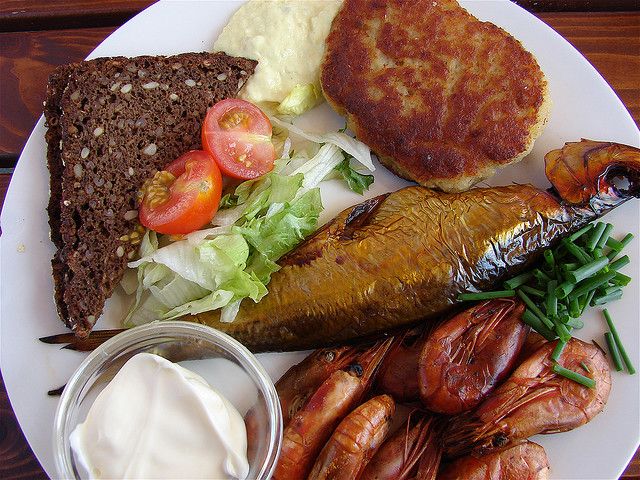Danes have a hard time accepting those with foreign backgrounds as ‘real Danes’, according to new research.
The research shows that even Danish-speaking descendants of foreign parents are still not considered Danish – even if they were born and raised in Denmark – no matter how much red and white they sport at national football matches or leverpostej they eat.
Danes believe that where your family comes from plays a major role in how ‘Danish’ someone is, no matter how long that family has been in Denmark, especially if a family has a non-Christian background.
Denmark: It’s a tough town
Kristina Bakkær Simonsen, a PhD candidate at the Political Science Department at Aarhus University, is behind research which shows that Denmark is among the Western European countries where immigrants and their descendants are least able to feel like a part of the population.
“They speak fluent Danish, invest in being in Denmark, take Danish courses but they are still viewed as not entirely Danish,” Simonsen told DR Nyheder.
“They become discouraged and give up on the idea of ever being part of the Danish community.”
Simonsen’s research is based on 35,000 participants from 19 countries, including Sweden, the Netherlands, Germany and Denmark.
‘Unattainable criteria’
Participants were asked to rate the importance of several criteria for nationality – eight ‘boundary markers’ – including nationality, language knowledge and family background.
Danes believe that citizenship alone is not enough. ‘Unattainable’ criteria are equally important.
“It’s about having Danish parentage, being a Christian, being born in the country and living here for a long time,” said Simonsen.
Simonsen said that while descendants of immigrant families feel Danish, “they are told from looks, politicians and social media that they are not truly Danish”.
Citizenship not enough
The research from Aarhus University is supported by an Epinion poll done for DR Nyheder which showed that 46 percent believed it is not enough to be a Danish citizen to be Danish.
READ MORE: DF blames poor integration on immigrants
Simonsen’s research revealed that other places in Europe do not expect immigrants to meet the unattainable criteria like family origin and religious background to be accepted
“My results tell me that it’s harder to integrate and feel Danish in Denmark than it is in countries like Sweden and the Netherlands, where there is more emphasis on the achievable criteria than there is on the unattainable criteria,” she said.















